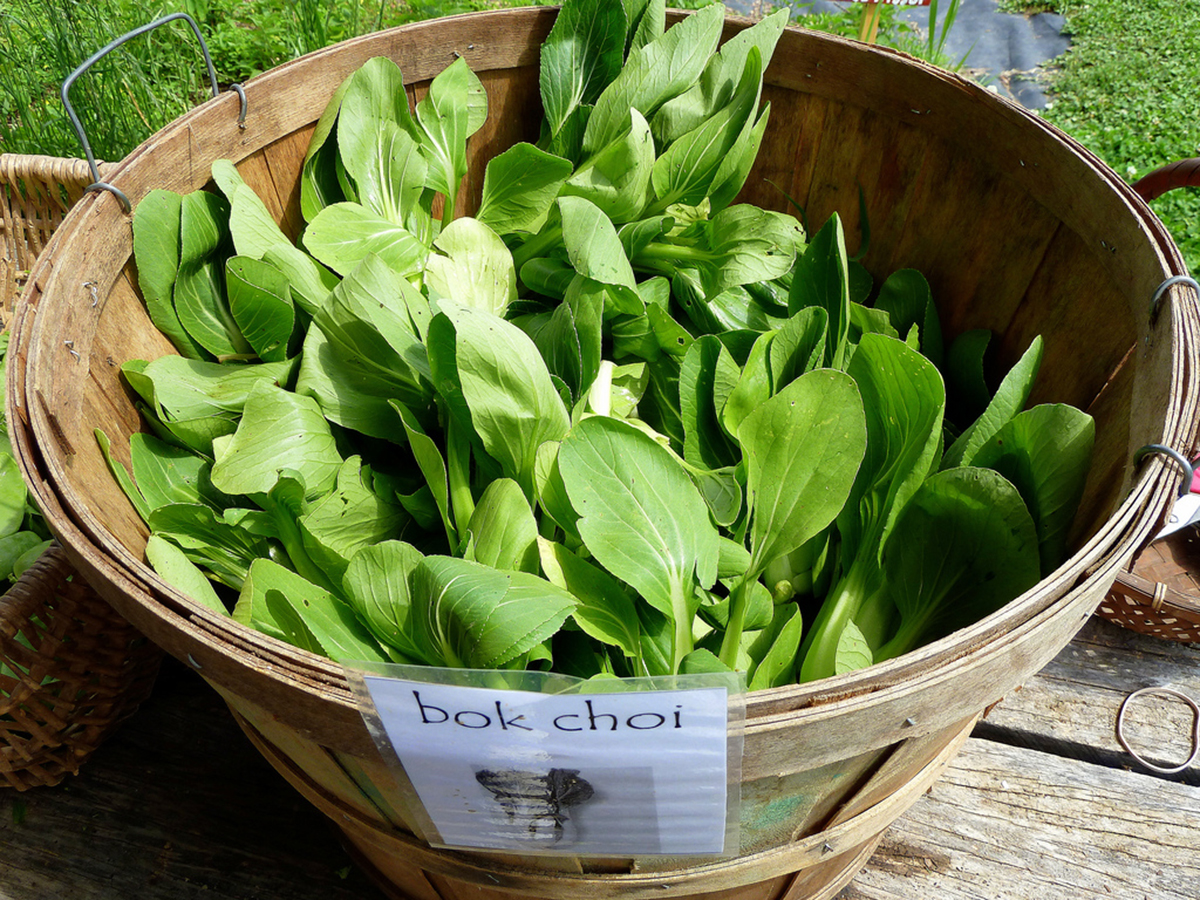Table of Contents
There are at least a couple of ways to exercise poor judgment with regard to cancer treatment. One is to suppose that there is some kind of vast conspiracy by the drug companies and doctors that keeps cancer patients sick so the drug companies can make more money. It may seem that way, but the real problem is that there is an inherent limitation in modern scientific medicine: It's about groups of patients,not individual patients. A treatment may not be found to work because it really doesn't work, or because the group of patients for whom it works is poorly understood.
The other way to go wrong with cancer treatment is to suppose that if science doesn't support a particular treatment, then it must work. That isn't true, either. There really are proposed treatments that don't work for anybody, and some of the happen to be "natural."

What can ordinary cancer patients do to make sure that they avail themselves of everything that works?
- One thing every cancer patient should do is to get all the genetic testing available. Genetic testing used to cost thousands of dollars. Now most test for single genes cost $100 or so and are covered by insurance. Genetic testing can tell your doctors how you are likely to respond to various treatments, and save months of getting the wrong medication.
- Another thing every cancer patient should to is to embrace all the nutritional interventions that seem have potential to work, without extreme diets. When you have cancer is not the best time to go on a low-calorie diet. You'll have enough trouble with appetite, nausea, and vomiting without making matters worse. It is the time, however, to eat for your health, but also to realize that not everybody will react to nutritional intervention in the same way.
Here's an example of how not everyone reacts to nutritional interventions in the same way
There is no such thing as a single food or a single supplement that helps everybody with cancer every time. Moreover, the foods that seem to prevent cancer are not necessarily the foods that help you beat cancer. There are some foods that are very useful in many situations, but curing cancer with nutrition is more about patterns of food choices rather than specific foods. The reason for this is human genetic variation. Let's take a look at a common example of how genetics affect the cancer-fighting capacity of a well-known cancer-fighting food.
They are found in the crucifers such as bok choi, broccoli, Brussels sprouts, cabbage, cauliflower, collards, kai-lan, kale, kohlrabi, komatsuna, mustard, rapini, rutabagas, and turnips. The same sulfur-laden compounds that make most of these vegetables smelly when they are cooked become potent cancer-fighters when they are digested in the human body.
The protective action by the ITCs takes place in the liver. They help the liver's Phase I enzymes add a highly reactive atom of oxygen to many common toxins, such as the carcinogens in tobacco smoke and charcoal-grilled meat. This addition of "reactivity" in the toxin makes it more susceptible to further processing by the liver's Phase II enzymes, which actually neutralize the dangerous chemical.
The cancer-fighting chemicals from cabbage and similar vegetables, however, do not act independently of a complex series of proteins the liver itself makes. These proteins are coded in not just one gene, but at least two different genes known as GSTM1 and GSTT1. Fifty percent of people do not have a GSTM1 gene. Forty percent of people do not have a GSTT1 gene. This means that for fifty to ninety percent of all humans on earth, ITCs are of limited value. Eating these vegetables simply does not do them a whole lot of good. For at least 10 per cent of the human population, however, vegetables in the cabbage family are truly cancer-protective. Now and then, they may even be a good cancer treatment.
READ Does Cancer Follow The Rules Of Math?
Don't rely on a single "natural" intervention for cancer, and don't neglect medical treatment to pursue natural treatments that, like drugs, may not work for you. Beat cancer with ever tool available for you. Combine the best available medical treatment with the best available natural therapies.
- Prasad V, Vandross A. Characteristics of Exceptional or Super Responders to Cancer Drugs. Mayo Clin Proc. 2015 Nov 3. pii: S0025-6196(15)00684-9. doi: 10.1016/j.mayocp.2015.08.017. [Epub ahead of print]. PMID: 26546106.
- Photo courtesy of IndyDina with My. Wonderful: www.flickr.com/photos/littlesister/490626628/
- Photo courtesy of krossbow: www.flickr.com/photos/krossbow/4655628005/
- Photo courtesy of krossbow: www.flickr.com/photos/krossbow/4655628005/


Your thoughts on this